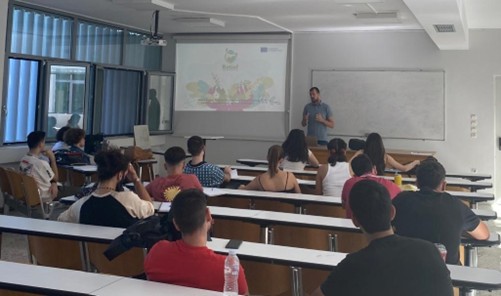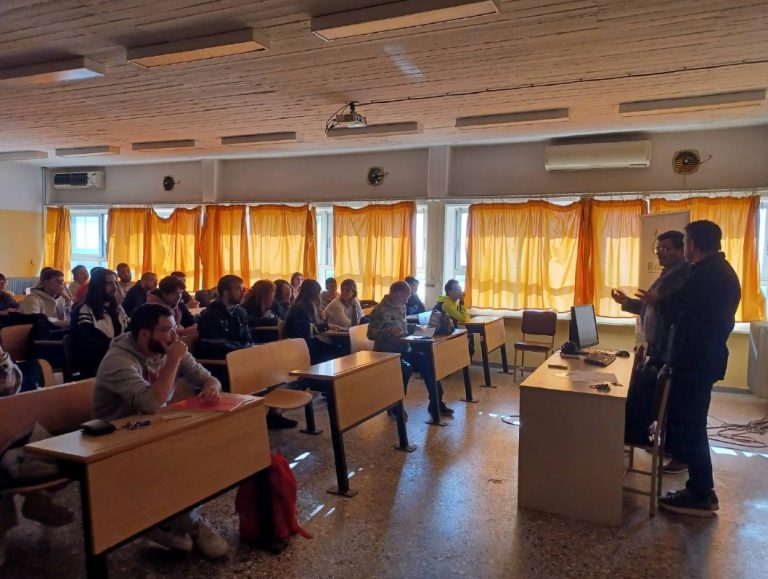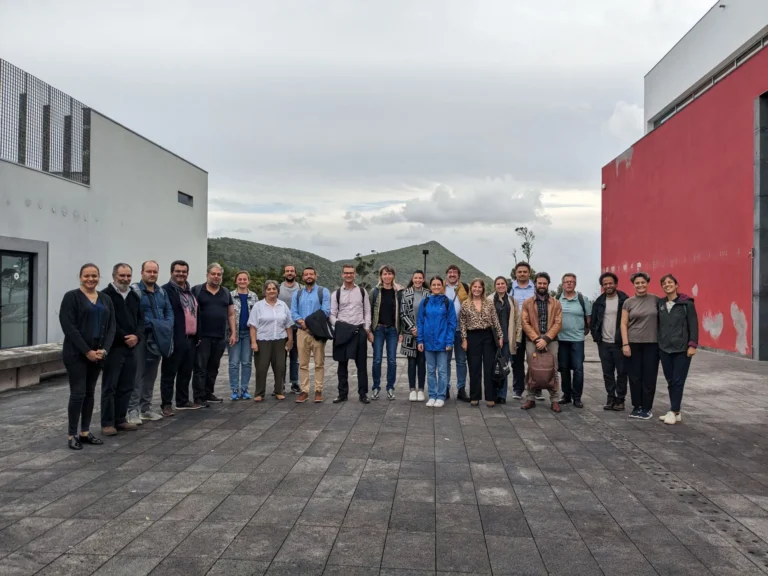Agriculture plays a vital role in the European Union, not only for food subsistence but also for the development of rural areas. However, the agricultural sector faces many challenges, including resource scarcity and environmental problems. In light of these challenges, the bioeconomy emerges as a promising solution.
A successful strategy for the bioeconomy in agriculture requires upskilling the workforce, deepening knowledge of the impact and business models of the bioeconomy, and increasing awareness and involvement of a wider range of stakeholders.
Training in bioeconomy is still absent in many EU countries, and there is a shortage of university-educated people in agriculture. The transition to the bioeconomy needs professionals with multidisciplinary, managerial and cross-sectoral skills. Higher Education and Vocational Training can play a key role in this direction by integrating dedicated curricula and training.
The European project Relief aims to develop and deliver an innovative, multidisciplinary approach to teaching bioeconomy in agriculture by creating learning resources aimed at university students, farmers and agricultural professionals.
After an in-depth analysis of training needs and current training offer in Europe in the area of bioeconomy (see the recent scientific article published in the international journal Sustainability), two training curricula are being defined and will soon be developed the content for training and an online learning environment with gamified resources. The training will be piloted in Italy, Greece, Portugal, Sweden and Cyprus.
Relief supports the circulation of knowledge between universities and training institutions, research and rural business in order to help innovate business models, education and training for the implementation of a circular bioeconomy in Europe. To this end, the project has joined the Rural Bioeconomy Alliance, an alliance established to support the development of circular bioeconomy initiatives in the EU, mainly in rural areas, and will establish Bioeconomy Hubs in each partner country, namely creative spaces that use multidisciplinary approaches to support the involvement of different stakeholders (users, researchers, policy makers and companies) in the bioeconomy.
Relief training, focused on the needs of rural stakeholders and the use of innovative learning methods, will provide the right skills to address new challenges in the agricultural sector and facilitate the transition to a sustainable, circular bioeconomy.
Visit the website: relief.uop.gr and follow Relief on social media: Facebook e LinkedIn
For more information contact: caterina.impastato@cesie.org




